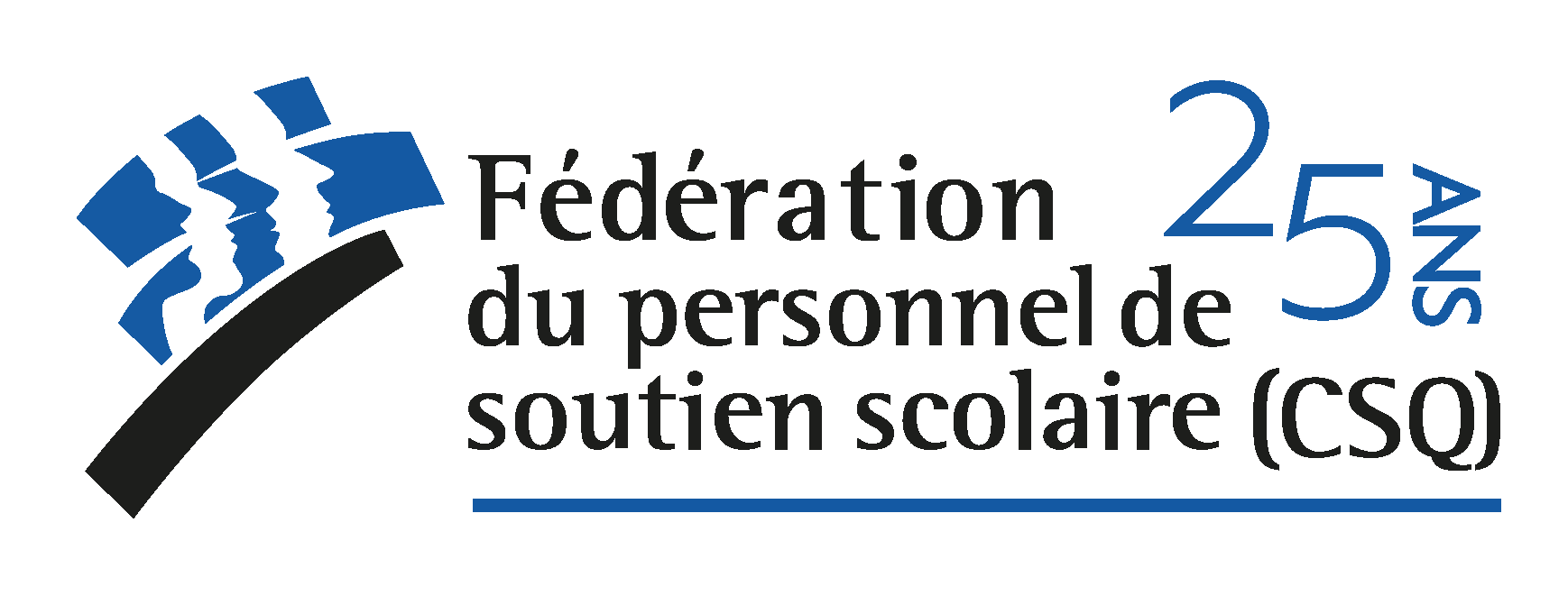It’s getting harder and harder to earn a sustainable income



30 April 2024
School and higher education support staff
The disposable income needed to live above the poverty line has risen significantly in 2024.This has a huge impact on keeping school and higher education support staff, who have seen their salaries dip further and further below a sustainable income year after year.
The Fédération du personnel de soutien scolaire (FPSS-CSQ) and the Fédération du personnel de soutien de l’enseignement supérieur (FPSES-CSQ) are reacting to the publication of the tenth (10th) edition of the sustainable income report from Institut de recherche et d’informations socioéconomiques (IRIS).
The sustainable incomes required to meet basic needs in Quebec in 2024 are:
- For a person living alone: $36,046 (16.44% more than 2023)
- For a single-parent family of one adult and one child: $50,175 (11.90% more than 2023)
- For a family of two adults and two children: $78,882 (11.83% more than 2023).
FPSS-CSQ President Éric Pronovost is very concerned: “We’re not talking about luxury with these incomes. Only the basics are covered: food, clothing, housing, transportation, telephone, insurance, electricity, unforeseen healthcare, and the costs of childcare. Some people can’t even afford a vacation.”
Sustainable income
When we look at the incomes of school and college support staff, we quickly realize that many live below the average sustainable income.
Here’s a list of the five school support staff jobs with the largest shortfalls below the provincial sustainable income level for a person living alone:
- Student supervisor: (- $26,801)
- Daycare educator: (- $16,283)
- Attendant for handicapped students: (- $15,332)
- Lab attendant: (- $13,583)
- Vocational training technician: (- $11,054)
There are still some college support staff jobs that, despite being full-time positions, have an income shortfall of over $7,000 for a single-parent family with one child, when compared to the provincial sustainable income figures. What makes this worse is that a large majority of the workers represented by the FPSES-CSQ live in metropolitan areas, which have seen a 19.3% increase in the disposable income required to live above the poverty line.
Jobs with more working hours
FPSS-CSQ President Éric Pronovost says, “With a job insecurity rate of nearly 70%, it’s not surprising that many of our members do not have sustainable incomes. We need quality jobs with the highest number of working hours to ensure a decent income.”
He adds, “A daycare educator who works twenty-six (26) hours a week earns an annual salary of $29,700, and an attendant for handicapped students who works only nineteen (19) hours a week earns an annual income of $20,400, which is clearly not enough to live well.”
More attractive jobs elsewhere
FPSES-CSQ President Valérie Fontaine says that more attractive jobs are now available in the private sector. “Many of our members, whether in administration, direct student support or manual labor, have resigned their positions to take jobs elsewhere, where they are assured better pay and sometimes even lighter workloads. As a result, colleges are losing valuable expertise and find themselves struggling to fill vacancies. People may love their jobs and they may be able to make a decent living, but that’s the least they can expect when working full-time in the public sector.”
Be part of the solution
In closing, the two union leaders are asking schools and colleges to appreciate their support staff and the important role they play every day in the smooth running of our establishments.
